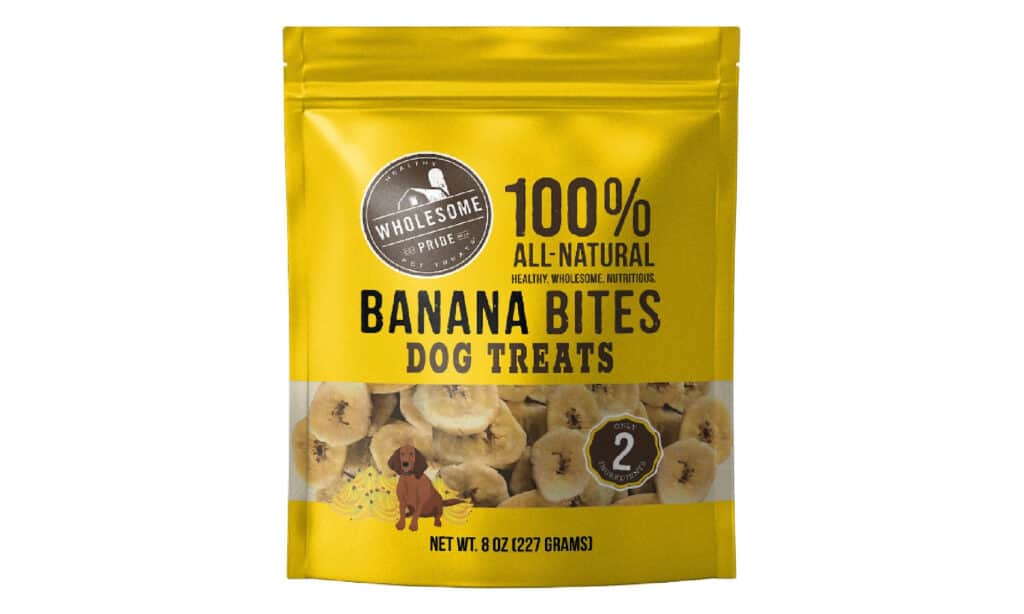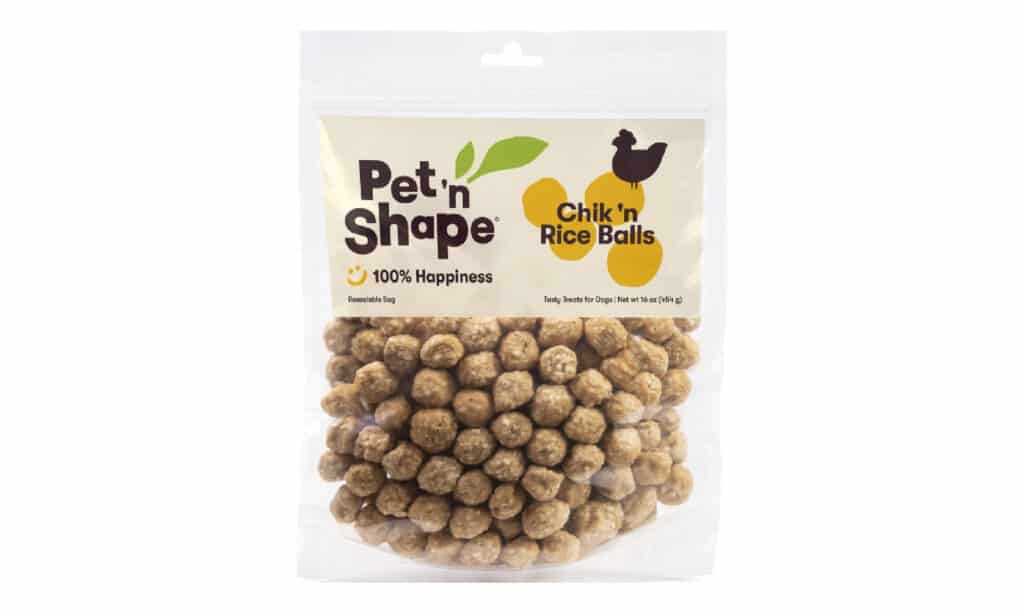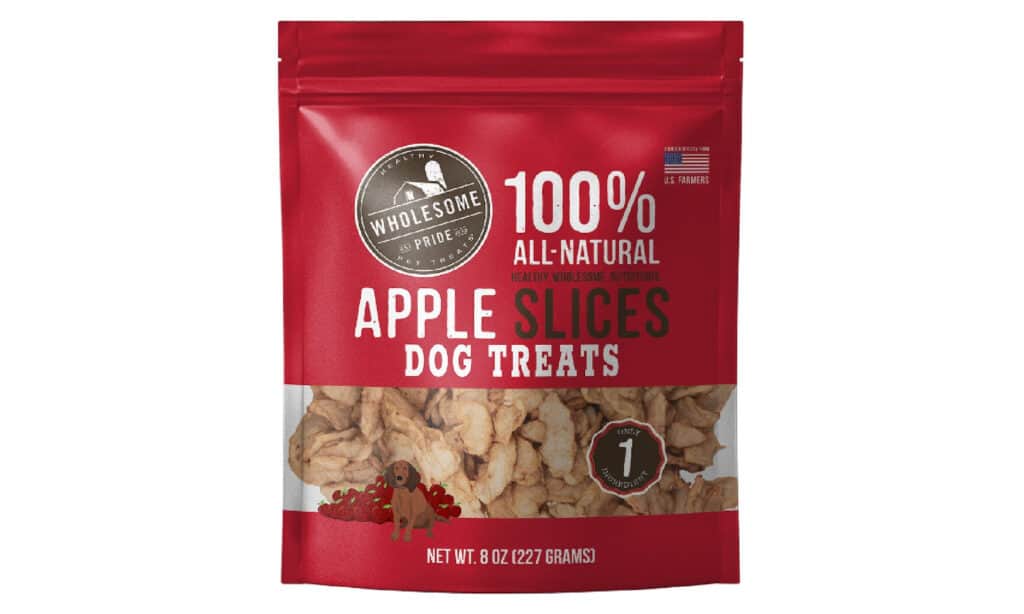Are you a dog owner who’s ever wondered if your furry friend can indulge in the delicious fruit known as loquats? Well, you’re not alone! Many pet owners are curious about what human foods are safe for their pets to consume. In this blog, we’ll dive into the question of whether dogs can eat loquats and provide you with all the information you need to make an informed decision. So, if you’re interested in learning more about this tropical fruit and how it may affect your canine companion, keep reading!

What Are Loquats?
Sure! Loquats are a fruit with a sweet and juicy flavor that originally come from China but are now grown in many parts of the world, including the United States. They have a small, round or oval shape with soft, fuzzy skin that can range in color from yellow to orange. The flesh inside is usually orange or yellow and contains a few large seeds in the center. People often enjoy eating fresh loquats, but they can also be used to make jams, jellies, and other desserts. Not only are they delicious, but they also provide important vitamins and minerals like vitamin A, potassium, and fiber. However, it’s crucial to consider whether loquats are safe for your furry companion to consume like any other food.
Can Dogs Eat Loquats?
While loquats are safe for humans to eat, the same can’t necessarily be said for our furry friends. Dogs have a different digestive system than humans and can sometimes have adverse reactions to certain foods, including some fruits. Loquat seeds and skin are toxic to dogs, causing digestive upset and serious health issues. As a result, it’s generally recommended that pet owners avoid feeding their dogs loquats altogether.
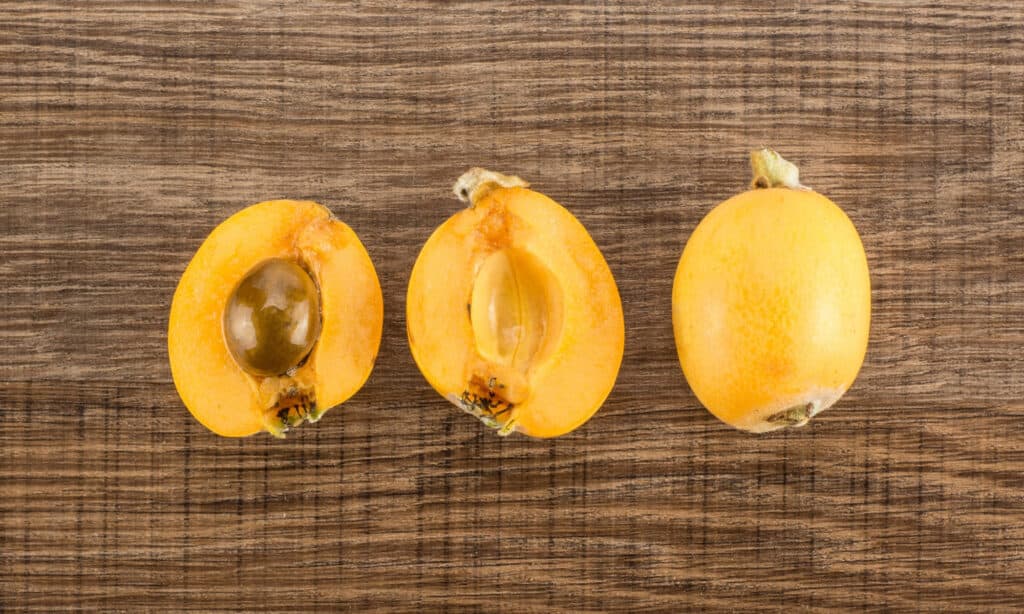
Are There Any Harmful Ingredients in Loquats
Although loquats are generally safe for human consumption, it’s important to be aware that certain parts of the fruit can be harmful to both humans and pets. The seeds and skin of the fruit contain a compound called amygdalin that can break down into cyanide when ingested. Small amounts of this compound are harmless to humans, but risky for dogs, especially in large amounts.
Loquats may contain traces of pesticides or other harmful chemicals, particularly if they were not grown organically. Therefore, it’s essential to wash the fruit thoroughly before consuming it to reduce the possibility of ingesting any hazardous substances.
Are There Any Safe Ingredients in Loquats?
Loquats are a great source of beneficial nutrients and minerals that can contribute to a healthy diet for humans. They are packed with essential vitamins A and C, which help maintain healthy skin, vision, and immune function. Loquats are a good source of heart-healthy potassium and digestion-aiding fiber.
It’s worth noting, however, that while the flesh of loquats is generally safe for dogs to consume in moderation, the fruit’s seeds and skin contain potentially harmful compounds that should be avoided. It’s always best to consult with a veterinarian before feeding your furry friend any human food, including loquats.
Furthermore, it’s essential to keep in mind that loquats may contain traces of harmful pesticides or chemicals, particularly if they were not grown organically. It’s crucial to wash the fruit thoroughly before consumption to reduce the risk of ingesting any toxic substances.
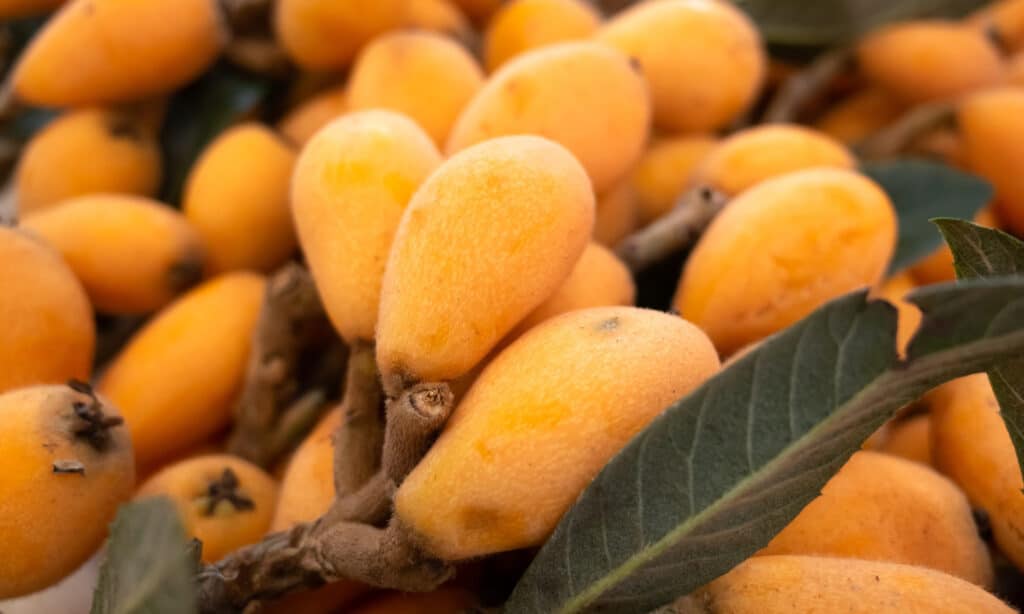
What Signs To Watch For If Your Dog Accidentally Ate A Lot of Loquats?
If your dog accidentally eats a lot of loquats, it’s important to monitor them closely for any signs of illness or discomfort. The seeds and skin of loquats contain amygdalin, which can break down into cyanide and lead to digestive upset or more serious health issues in dogs.
Symptoms to watch for include vomiting, diarrhea, lethargy, loss of appetite, and difficulty breathing. If your dog displays any of these symptoms or appears unwell after consuming loquats, it’s essential to seek veterinary care immediately.
In the event that your dog only ingested a small amount of loquat, they may not display any symptoms at all. Be cautious and monitor your pet for behavior changes after consuming human food.
When or If You Should Go To The Vet?
If your dog has consumed a lot of loquats or shows any signs of illness after eating them, it’s crucial to seek veterinary care immediately. Loquat seeds and skin have amygdalin that converts into cyanide, causing severe health problems for dogs.
Symptoms to watch for include vomiting, diarrhea, lethargy, loss of appetite, and difficulty breathing. If your dog displays any of these symptoms or appears unwell after consuming loquats, it’s best to take them to the veterinarian as soon as possible. Prompt medical attention can help prevent more serious health issues from developing and increase the likelihood of a positive outcome.
It’s always better to err on the side of caution when it comes to your pet’s health. If you’re unsure whether your dog has consumed a dangerous amount of loquats or if they’re displaying any concerning symptoms, it’s best to seek the advice of a veterinarian.

Safe Dog-Friendly Alternative to Loquats:
If you’re looking for safe and healthy alternatives to loquats that your furry friend can enjoy, there are plenty of options available! Here are a few dog-friendly fruits and vegetables that can make a great addition to your pet’s diet:
- Apples: Apples are a great source of vitamins and fiber, and most dogs enjoy their crunchy texture. Just be sure to remove the seeds and core, as they can be harmful to dogs.
- Bananas: Bananas are a good source of potassium and can help regulate digestion. They’re also a sweet and tasty treat that many dogs enjoy.
- Blueberries: Blueberries are packed with antioxidants and can help support your dog’s immune system. They’re also low in calories, making them a healthy snack option.
- Carrots: Carrots are an excellent source of beta-carotene, which supports healthy vision and skin. They’re also a low-calorie snack that can help clean your dog’s teeth and freshen their breath.
- Watermelon: Watermelon is a hydrating and refreshing fruit that most dogs enjoy. It’s also a good source of vitamins A and C and contains antioxidants that can benefit your pet’s health.
Remember to always introduce new foods to your dog’s diet gradually and in moderation.
Healthy Store-Bought Options:
In conclusion, while loquats can be a delicious and nutritious fruit for humans, it’s important to be cautious when it comes to feeding them to our furry friends. The seeds and skin of loquats contain potentially harmful compounds that can cause serious health issues for dogs, and the presence of harmful pesticides or chemicals on the fruit can also pose a risk.
If you’re looking for safe and healthy alternatives to loquats, there are plenty of dog-friendly fruits and vegetables that can make a great addition to your pet’s diet. From apples to watermelon, there are many options available that are packed with beneficial nutrients and are safe for dogs to consume in moderation.
Ultimately, the key to keeping your furry friend healthy and happy is to practice moderation and make informed decisions about their diet. By consulting with your veterinarian and being mindful of what foods you feed your pet, you can help ensure that they stay safe and healthy for years to come.
~Lindsie

